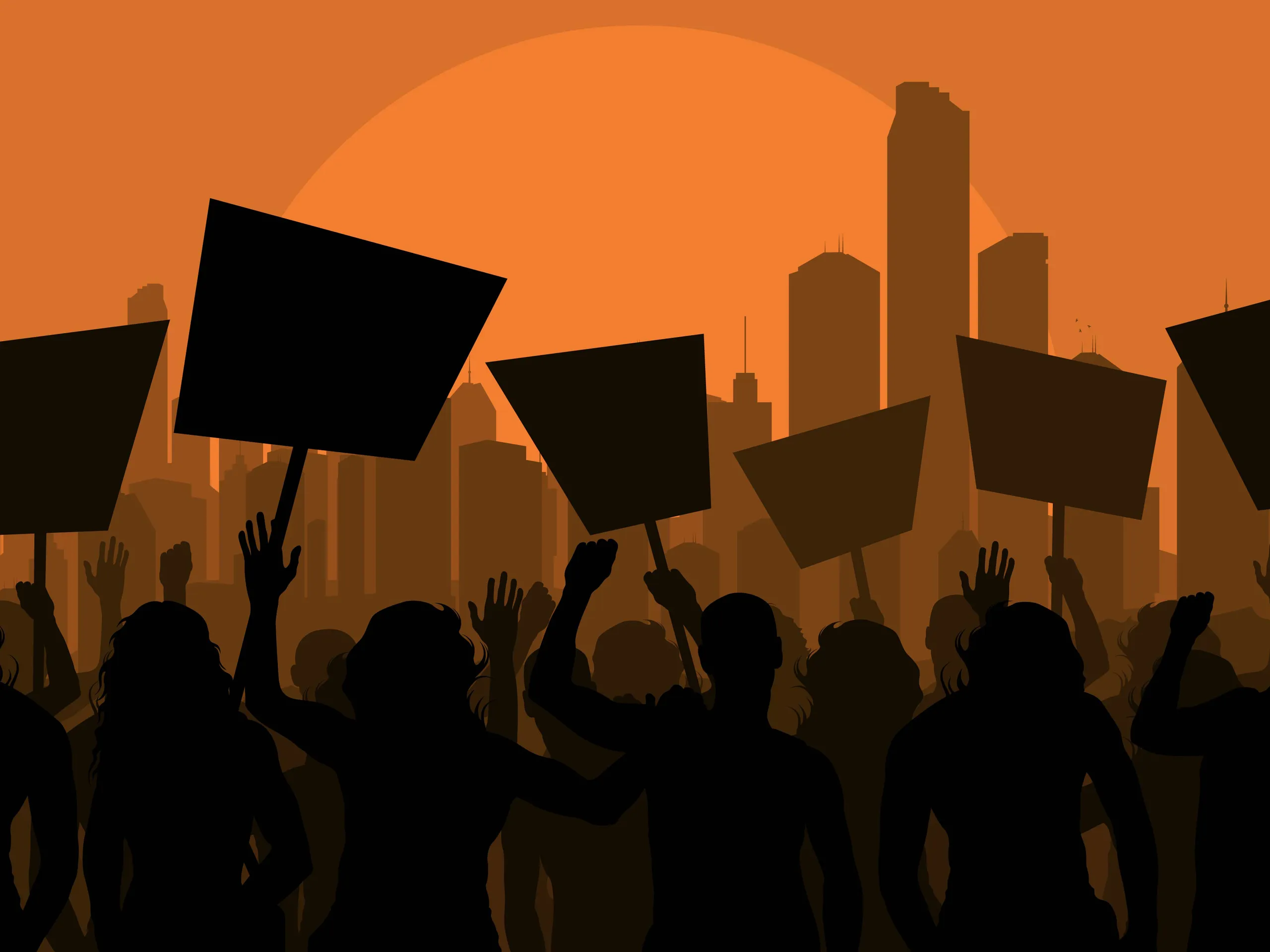The implementation of a controversial Presidential Ordinance in Pakistan-occupied Jammu and Kashmir (PoJK) has sparked widespread protests, with citizens and political activists condemning it as a draconian measure to suppress civil liberties. Prominent leaders, including Sardar Mohammad Sagheer Khan Advocate of the Jammu Kashmir Liberation Front and former National Awami Party President Sardar Liaquat Hayat Khan, have publicly denounced the ordinance, going as far as burning copies of the legislation in protest.
The ordinance, approved by POJK President Barrister Sultan Mehmood, imposes severe restrictions on public gatherings and protests. It mandates seven years of imprisonment and immediate detention for those participating in unauthorized assemblies. It is a black law that has been brought to stifle dissent and erode fundamental democratic rights.
The ordinance mirrors the Public Order and Peaceful Assembly Bill 2024 recently enacted by the occupied-government in Islamabad, which similarly criminalizes public gatherings without prior authorization. The POJK version, however, has gone further, granting sweeping powers to Deputy Commissioners (DCs) to impose penalties, declare zones off-limits for protests, and arbitrarily disperse gatherings.
Harsh Restrictions on Fundamental Rights
Under the ordinance, only registered political parties and unions are allowed to stage protests, and even they must secure prior approval from the DC at least seven days in advance. Protest organizers are required to provide extensive details, including participant information and venue specifics. Violators face up to three years in prison, fines, and immediate arrests.
The law also empowers DCs to declare “Red Zones” and “High-Security Zones,” where protests are outright banned. Peaceful demonstrations are subject to strict controls, including bans on weapons, sticks, and inflammatory speeches. These measures are designed to stifle legitimate dissent rather than maintain law and order.
Establishment’s Colonial Approach
This ordinance has further fueled resentment against the Paki establishment in PoJK, a region already grappling with human rights abuses, enforced disappearances, and systemic neglect. Reports indicate that over 20 Kashmiri youths have been forcibly disappeared this year alone, adding to the decades-long grievances of the local population.
While the Pak military projects itself as a defender of the nation, its actions in PoJK reveal a colonial mindset that prioritizes control over development and rights. Residents have frequently protested against the lack of basic necessities, such as clean water, healthcare, and infrastructure. The recent ordinance is seen as yet another tool to silence these voices and tighten the establishment’s grip on the region.
Political activists and pro-independence groups have vowed to resist the ordinance, calling it an assault on the rights of the people of PoJK. Citizens have taken to the streets in Rawalakot and other towns, demanding the repeal of the law and not treat the region as a colony.

